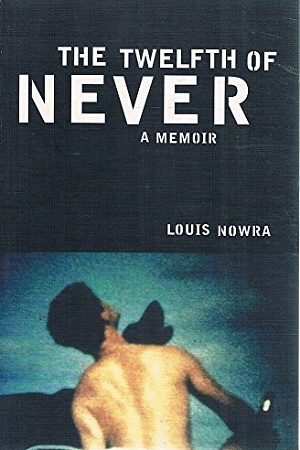Exhalation
Picador, $29.99 pb, 350 pp, 9781529014518
Exhalation by Ted Chiang
Mainstream science fiction is a genre that thrives on quantity as much as quality. Such narratives pose the deepest questions; as Douglas Adams once famously put it, these are stories about Life, the Universe, and Everything. Why publish stand-alone space operas when storylines, character arcs, worlds, and revenues can be elaborated across trilogies? Why stop at one time-travel trilogy when fans are willing to buy prequels and sequels and sanctioned spin-offs? Why limit yourself to one mind-bending book every few years when annual titles will boost author profiles and sales? The motto upheld by much of the publishing industry nowadays seems to be more is more.
Except when it comes to Ted Chiang. Since 1990, Chiang’s entire body of work has consisted of seventeen stories. ‘Tower of Babylon’, his first published novelette, won the Nebula Award and was nominated for a Hugo Award in 1991 – two of the most prestigious prizes in the field – and set an extraordinary trend for his fiction that continues unabated. Over the past twenty-nine years, Chiang’s writing has won four Hugos, four Nebulas, four Locus Awards, and the Theodore Sturgeon Memorial Award. Eight of these pieces were reprinted in his début collection, Stories of Your Life and Others (2002), which was translated into twenty-one languages, an astounding achievement for a small book released into a market that is generally allergic to sole-author short story collections. Fourteen years later, its titular novella was adapted into the Academy Award-nominated film Arrival . The advanced reading copy of his long-awaited second book, Exhalation, proclaims: ‘No living writer is quite like Ted Chiang.’ This smacks of marketing hyperbole, but can also be read as plain truth. Chiang is remarkable not just for the many accolades mentioned above but because in an age of social media and self-promotion, his work speaks for itself. There is no Ted Chiang author site; no Facebook or Twitter or Instagram accounts. He earns a living as a technical writer in the software industry, which allows him the freedom to be, in his own words, ‘an occasional writer’ of fiction. Unlike those whose livelihoods, identities, reputations, and longevity in the business rely on mass production, Chiang clearly isn’t motivated by excess.
Continue reading for only $10 per month. Subscribe and gain full access to Australian Book Review. Already a subscriber? Sign in. If you need assistance, feel free to contact us.















Leave a comment
If you are an ABR subscriber, you will need to sign in to post a comment.
If you have forgotten your sign in details, or if you receive an error message when trying to submit your comment, please email your comment (and the name of the article to which it relates) to ABR Comments. We will review your comment and, subject to approval, we will post it under your name.
Please note that all comments must be approved by ABR and comply with our Terms & Conditions.